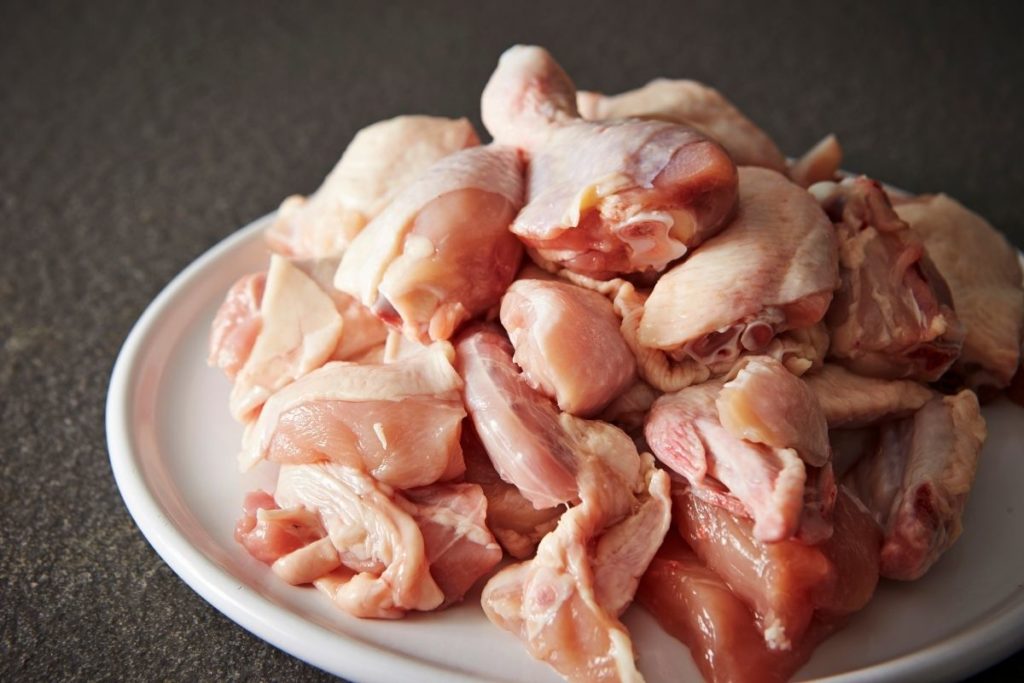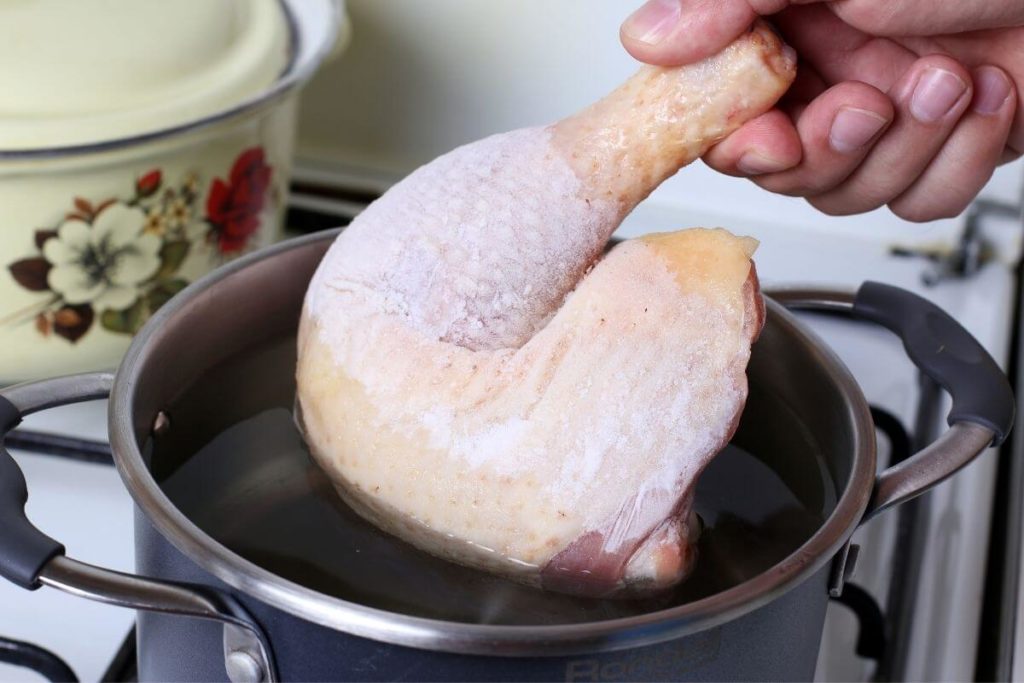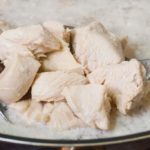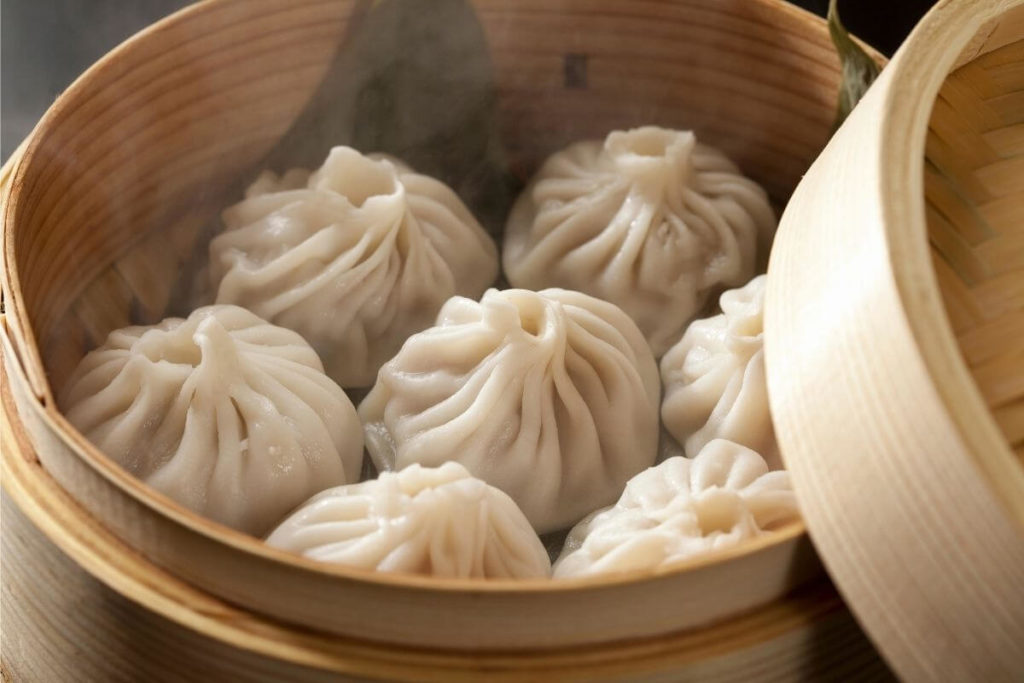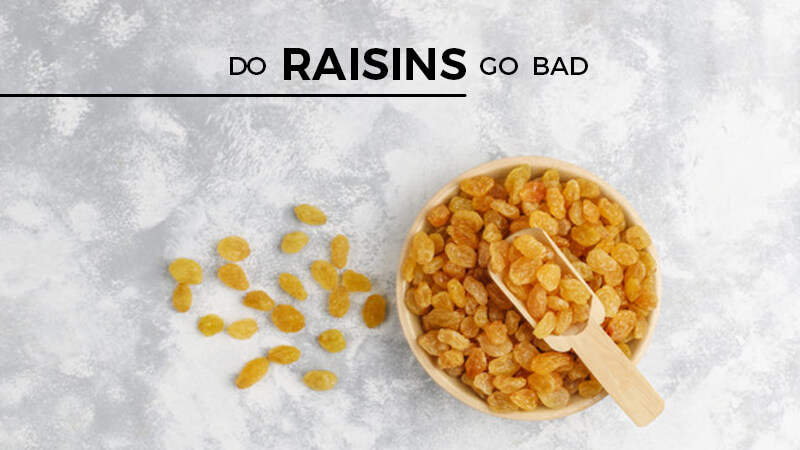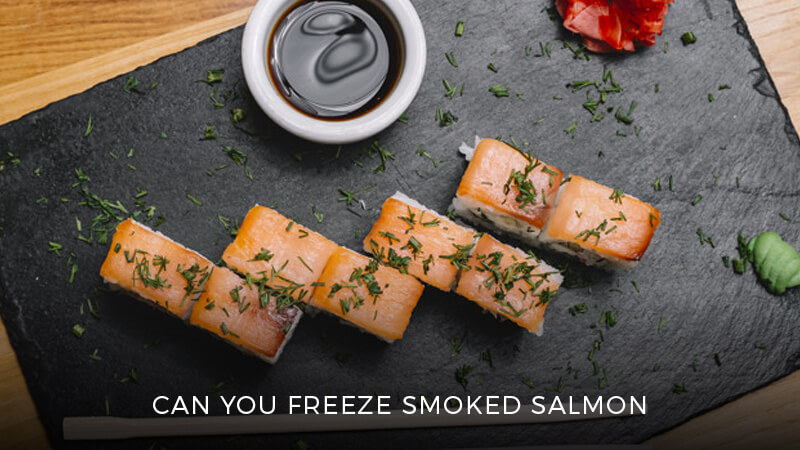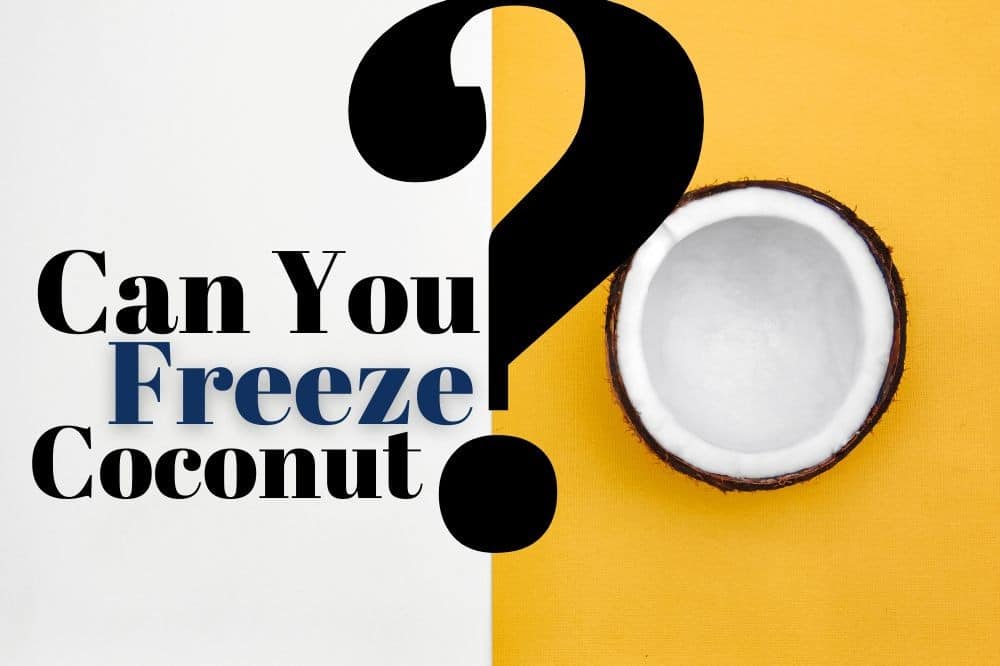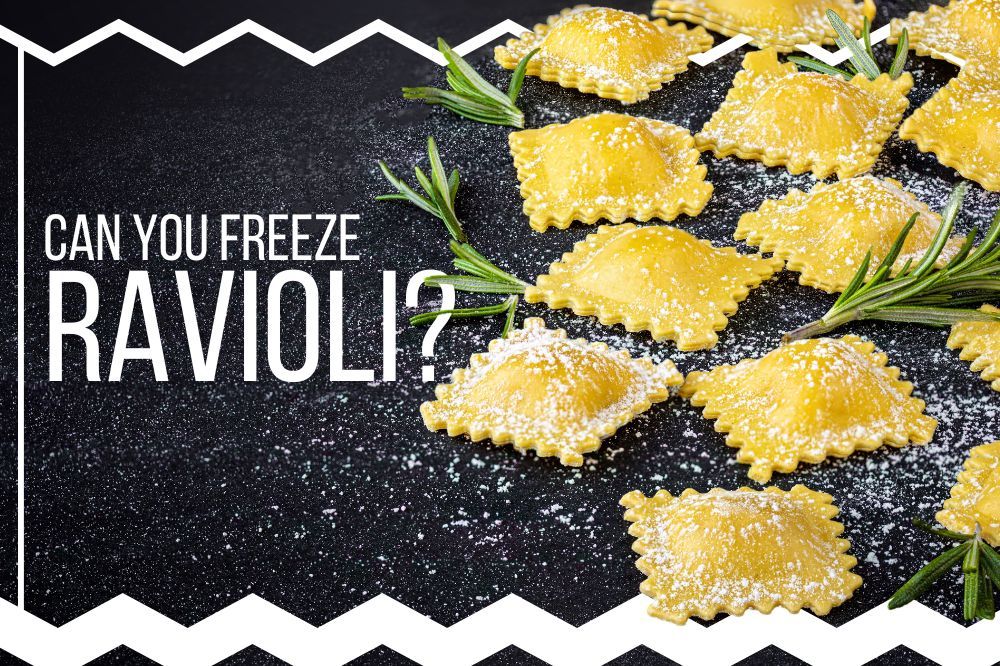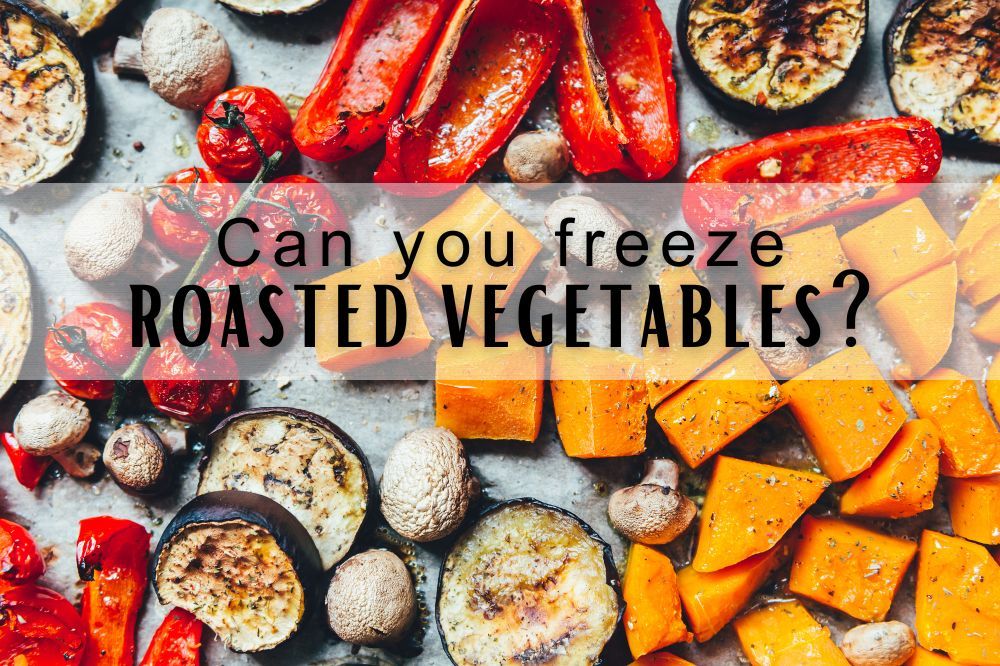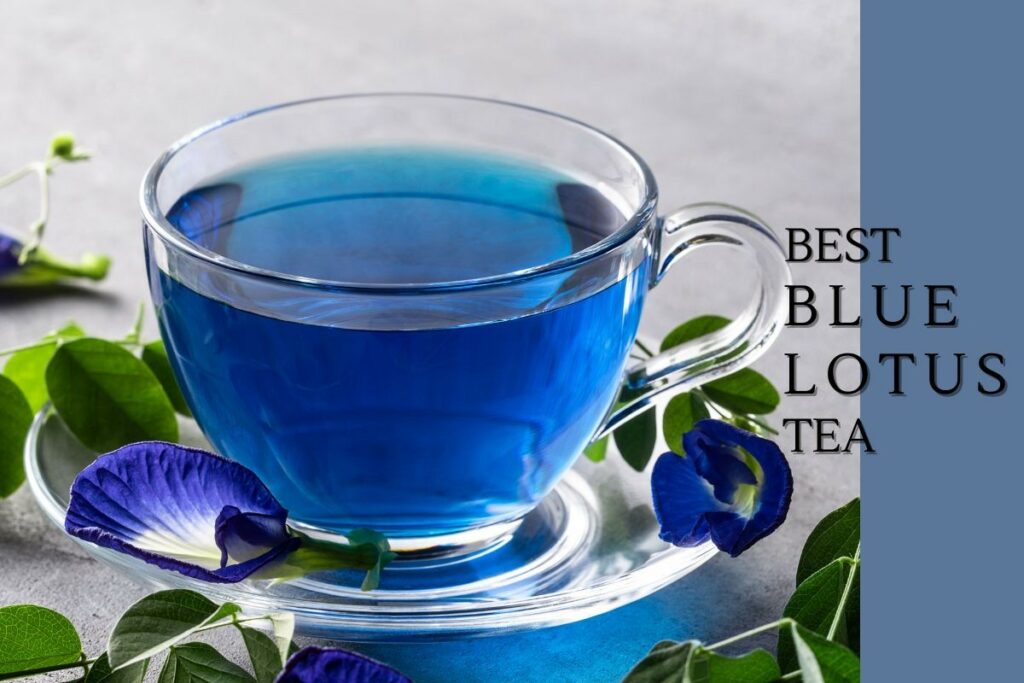Can You Boil Frozen Chicken? Learn How (Updated 2024)
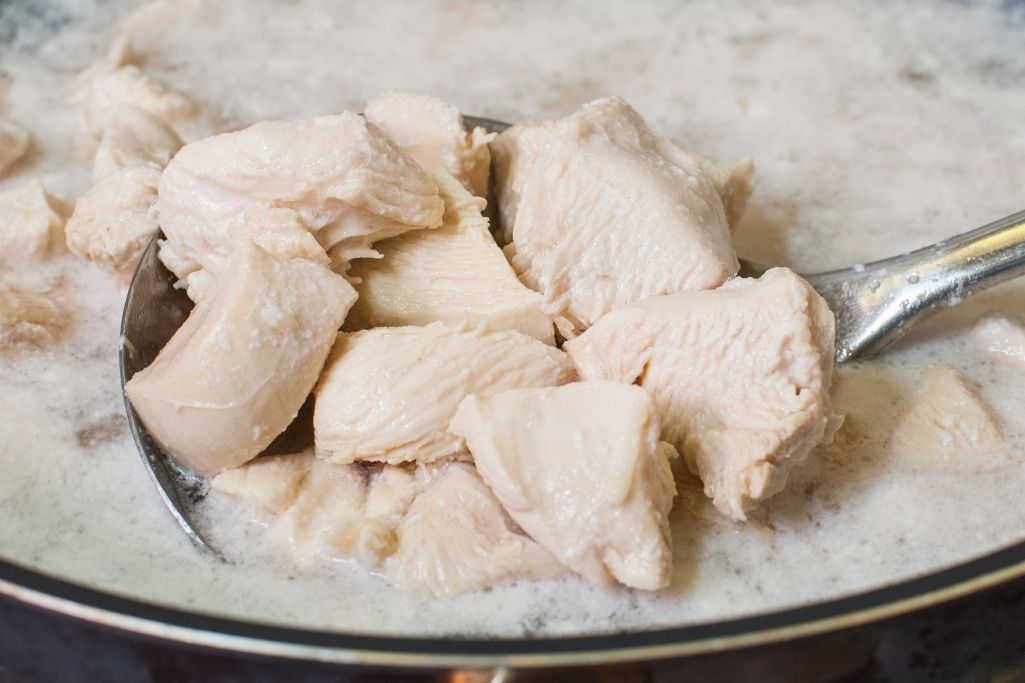
Are you curious if you can boil frozen chicken? Stick around as we share the answer in this article…
Storing uncooked chicken in the refrigerator helps extend its shelf life for months. Freezing the meat slows down the reproductive cycle of harmful bacteria, including salmonella.
The question of how long to boil frozen chicken appears from time to time, and people wonder exactly how it works. Because the traditional way of cooking involves defrosting or thawing, then cooking, people find it funny that you can toss the frozen chicken into a boiling pot.
But to answer, yes, you can cook frozen chicken straight out of the freezer. Doing so ensures the meat cooks fully and reduces the risk of food poisoning.
Here’s a guide on how to cook and boil frozen chicken at home.
Thawing vs. Cooking Frozen Meat
Tossing frozen chicken meat into a boiling pot is arguably safer than handling thawed meat because it won’t drip salmonella-contaminated juice all over the place.
Some people also don’t know the safe defrosting methods, resulting in more bacteria growing on the meat.
If you prefer to defrost the meat before cooking, defrost it in the refrigerator. Doing so prevents it from reaching the temperature danger zone. Make sure to place the meat on the lower shelf to prevent dripping or splashing of juices.
You can also use the microwave to defrost meat. Although heat doesn’t distribute evenly, the microwave speeds up the defrosting process. Note that this method only works for meat you will cook after defrosting.
Guide to Boiling Frozen Chicken
If you want to make a dish out of chicken meat, but forgot to take it out of the freezer, your best bet is to boil it straight away.
The question of how long to boil frozen chicken depends on the size, quantity, and temperature of the meat. Regular size chicken meat stowed in the freezer for a few days can become soft and tender after one hour of boiling at high heat.
This gets the job done, and makes it easier to prepare chicken stews and other dishes. It also helps to cut the chicken into pieces, allowing each part to cook evenly.
Those who need to boil the chicken quickly can remove the bones. Doing so decreases the amount of time it needs to boil at high heat. Aside from water, you can also add seasonings to make the chicken meat more flavorful after boiling.
Add salt, carrots, celery, chunks of garlic, and other types of seasonings you like. First, put the stove to high heat, then reduce the heat and let it simmer.
When you see little bubbles forming, this means the meat is cooking well and getting tender. Make sure to remove the scum on top of the boiling water, then reduce the heat.
Remove the chicken from the heat after the meat becomes evenly tender. For those who want to defrost then boil the chicken, and allow an additional hour to remove traces of bacteria.
Undercooked chicken meat has all sorts of bacteria, so make sure everything cooks thoroughly. If you can separate the frozen parts, do so, to cook the meat evenly.
Allot 50 percent additional cooking time to the chicken, so it’s fully thawed and cooked. For instance, a 5-pound chicken would normally cook for more than one hour; a frozen one needs to be boiled for roughly two hours.
The extended cooking time makes the bacteria disappear and will give you tender, fully-cooked meat.
What About Slow-Cookers?
In other news, you cannot cook a frozen chicken in a slow cooker. The researchers at the U.S. Department of Agriculture (USDA) advise not to cook frozen chicken in a slow cooker because the temperature is not high enough.
Given the longer time to defrost and cook, bacteria can easily multiply. The USDA does not distinguish between new and old slow cookers.
From a food-safety standpoint, this method and the use of kitchen equipment are not recommended.
Other Methods?
Grilling frozen chicken is also a no-no. The high temperature of the grill causes the outside of the meat to burn, and the inside remains uncooked.
You should also not try to sauté frozen chicken, as the hot oil can spit out and cause serious burns.
Takeaway
It’s entirely normal to boil frozen chicken, as long as you follow the safety precautions to prevent the build-up of harmful bacteria like salmonella.
To ensure that the meat is tender and evenly cooked, make sure to extend the cooking time by 50 percent. Finally, add spices and seasonings to make the chicken meat flavorful. Happy cooking!
PrintHow to Boil Frozen Chicken
Are you curious about how to boil frozen chicken? Stick around as we share the answer in this article…
- Prep Time: 5 minutes
- Cook Time: 30 minutes
- Total Time: 35 minutes
- Yield: 3 servings
- Category: Chicken
- Method: Boil
- Cuisine: Meal
Ingredients
- Frozen chicken
- Saucepan or pot
Instructions
- Place a saucepan or pot on high heat and fill it with water.
- Bring the water to a boil then place the frozen chicken directly into the pot and reduce the heat to a simmer.
- Cook the chicken depending on the size and temperature of the meat until cooked through.
- Skim any impurities that come to the surface whilst cooking the chicken.
you may also like
well hello there!

Hi, I'm Linda thanks for stopping by! We're so happy you're here. If you're a foodie and love to cook from home - you're in the right place..
LEARN MORE
free newsletter
Join the mailing list and receive our free newsletter!
recent posts
let's be social
search site
Recipe Marker
Recipe Marker provides you with the best information about home cooking tips, recipes, ingredient substitutes and more. Check out our blog to see the latest articles.
Copyright © 2024 Recipemarker.com | All Rights Reserved | Privacy | Disclaimer | Contact
